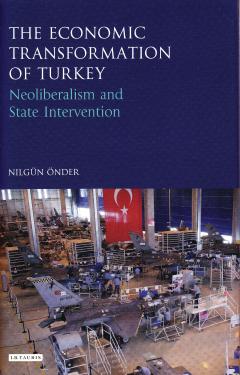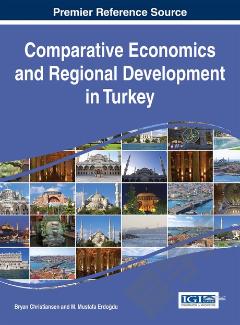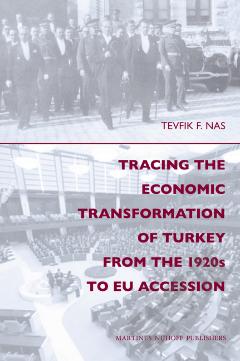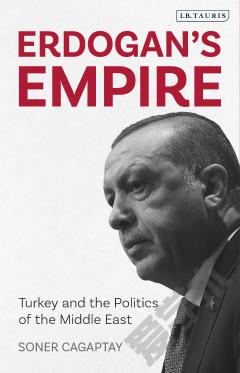The nature of the developmental economy in Turkey, from Turgut Ozal to Erdogan
Turkey has pursued different economic policies over the past 40 years. The main purpose of this book is to review the process of success and achievements of this country in economic development. The patterns used by Turkey for economic development have undergone many changes in each period. Today, Turkey can be considered as one of the most important economic development patterns for many developing countries. Since August 2018, Turkey has been going through currency and debt crisis, characterized by the Turkish lira (TRY) plunging in value, high inflation, rising borrowing costs, and correspondingly rising loan defaults. According to a 2014 survey by Forbes magazine, Istanbul, Turkey's financial capital, had a total of 37 billionaires in 2013, ranking 5th in the world. The crisis was caused by the Turkish economy's excessive current account deficit and foreign-currency debt, in combination with the ruling Justice and Development Party's increasing authoritarianism and President Erdogan's unorthodox ideas about interest rate policy. With policies of Recep Tayyip Erdogan fuelling the construction sector, where many of his business allies are active.
{{comment.content}}








 京公网安备 11010802027623号
京公网安备 11010802027623号